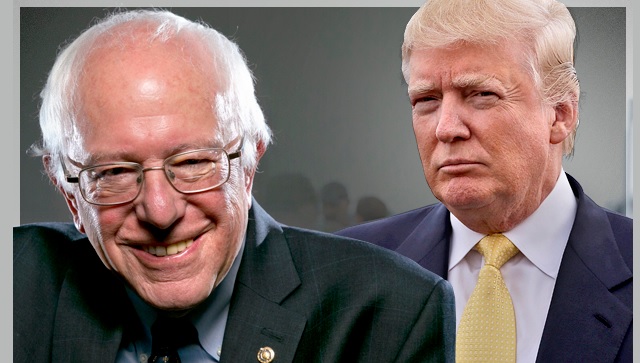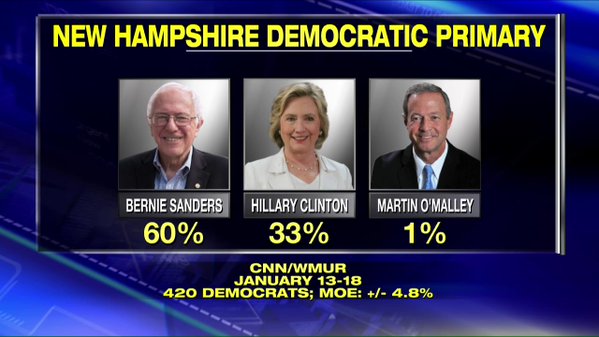What Marx Got Right about Redistribution – That John Stuart Mill Got Wrong by Alan Reynolds
The idea that government could redistribute income willy-nilly with impunity did not originate with Senator Bernie Sanders. On the contrary, it may have begun with two of the most famous 19th century economists, David Ricardo and John Stuart Mill. Karl Marx, on the other side, found the idea preposterous, calling it “vulgar socialism.”
Mill wrote,
The laws and conditions of the production of wealth partake of the character of physical truths. There is nothing optional or arbitrary about them. … It is not so with the Distribution of Wealth. That is a matter of human institution only. The things once there, mankind, individually, can do with them as they like.
Mill’s distinction between production and distribution appears to encourage the view that any sort of government intervention in distribution is utterly harmless — a free lunch. But redistribution aims to take money from people who earned it and give it to those who did not. And that, of course, has adverse effects on the incentives of those who receive the government’s benefits and on taxpayers who finance those benefits.
David Ricardo had earlier made the identical mistake. In his 1936 book The Good Society (p. 196), Walter Lippmann criticized Ricardo as being “not concerned with the increase of wealth, for wealth was increasing and the economists did not need to worry about that.”
But Ricardo saw income distribution as an interesting issue of political economy and “set out to ascertain ‘the laws which determine the division of the produce of industry among the classes who concur in its formation.’
Lippmann wisely argued that, “separating the production of wealth from the distribution of wealth” was “almost certainly an error. For the amount of wealth which is available for distribution cannot in fact be separated from the proportions in which it is distributed. … Moreover, the proportion in which wealth is distributed must have an effect on the amount produced.”
The third classical economist to address this issue was Karl Marx. There were many fatal flaws in Marxism, including the whole notion that a society is divided into two armies — workers and capitalists. Late in his career, however, Marx wrote a fascinating 1875 letter to his allies in the German Social Democratic movement criticizing a redistributionist scheme he found unworkable.
In this famous “Critique of the Gotha Program,” Marx was highly critical of “vulgar socialism” and considered the whole notion of “fair distribution” to be “obsolete verbal rubbish.” In response to the Gotha’s program claim that society’s production should be equally distributed to all, Marx asked,
To those who do not work as well? … But one man is superior to another physically or mentally and so supplies more labor in the same time, or can labor for a longer time. … This equal right is an unequal right for unequal labor… It is, therefore, a right to inequality.
Yet Marx offered a glimmer of utopian hope about the future in which things would become so abundant that distribution would no longer be a matter of concern:
In a higher phase of communist society … after the productive forces have also increased with the all-around development of the individual, and all the springs of cooperative wealth flow more abundantly — only then can the narrow horizon of bourgeois right be crossed in its entirety and society inscribe on its banner: From each according to his ability, to each according to his needs!
That was not a prescription but a warning: For the foreseeable future Marx knew nothing would work without work incentives. If income were equally distributed to “those who do not work,” why would anyone work?
Contemporary public economics — “optimal tax theory” and the newest of the “new welfare economics” — also teaches that to tax a man “according to his abilities” would give able men a very strong incentive to use their skills to hide their earnings (and therefore their abilities) from tax collectors. This predictable response to tax penalties on high earnings is confirmed by economic research on the elasticity of taxable income.
Distributing government spending “to each according to his needs” must likewise give potential recipients a strong incentive to exaggerate their needs. People who got caught doing that used to be called “welfare cheats” and considerable cheating still goes on in food stamps, Medicaid, etc. The Earned Income Tax Credit, for example, gives low-income working people an extra incentive to not report cash income from tips, casual labor or illicit activities.
In The Undercover Economist, Tim Harford rightly notes that “when economists say the economy is inefficient, they mean there’s a way to make somebody better off without harming anybody else” (called “Pareto optimality”). But argues that Nobel Laureate Kenneth Arrow figured out a way to efficiently redistribute income with “appropriate lump-sum taxes and subsidies that puts everyone on equal footing.” As Harford says, “a lump-sum tax doesn’t affect anybody’s behavior because there’s nothing you can do to avoid it.”
Unfortunately, Harford says “an example of a lump-sum redistribution would be to give eight hundred dollars to everybody whose name starts with H.” That simply shows that if the subsidies were not ridiculously random then the subsidies will affect behavior and will not be lump-sum. The government could collect a lump-sum tax of $800 from every adult and then send a lump-sum subsidy of $800 to every adult with no net effect, for example, but why do that? If the government tried to tax people on the basis of abilities or to subsidize on the basis of needs, even Marx knew that would have a terrible effect on incentives.
The whole idea was curtly dismissed by another Nobel Laureate, Joseph Stiglitz, in his 1994 book Whither Socialism? (p. 46): “The ‘old new welfare economics’ assumed that lump-sum redistributions were possible,” wrote Stiglitz; “The ‘new new welfare economics’ recognizes the limitations on the government’s information.”
The reason governments cannot simply take money from some people according to how able they are, and give it to others according to how needy they are, is because people who were aware of that plan would not be foolish enough to accurately reveal their abilities and needs.
Actual taxes and transfer payment distort behavior in ways that undermine economic progress and commonly produce results (such as trapping people in poverty) that are the opposite of their stated intent.
This post first appeared at Cato.org.
Alan Reynolds is one of the original supply-side economists. He is Senior Fellow at the Cato Institute and was formerly Director of Economic Research at the Hudson Institute.



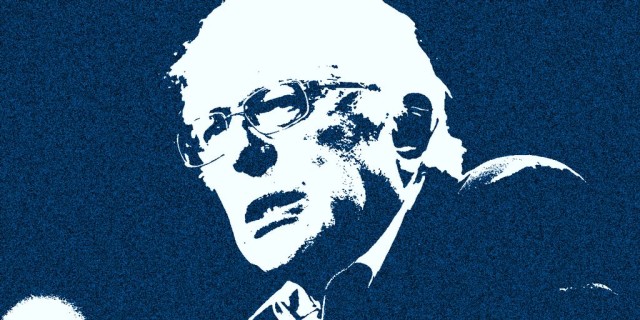
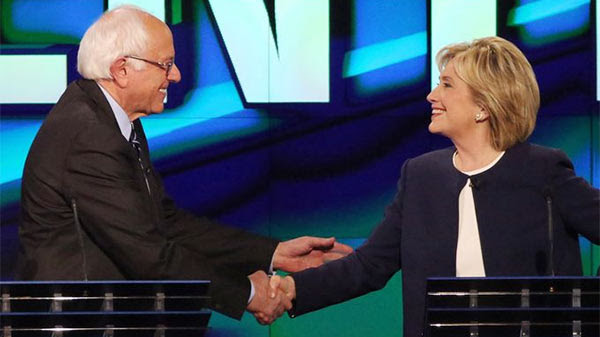
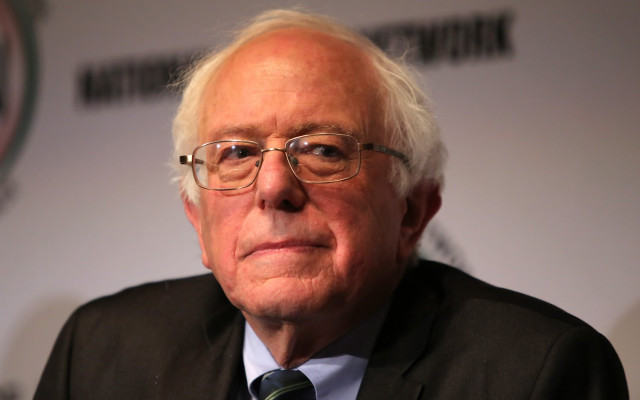



 As shown by the
As shown by the 
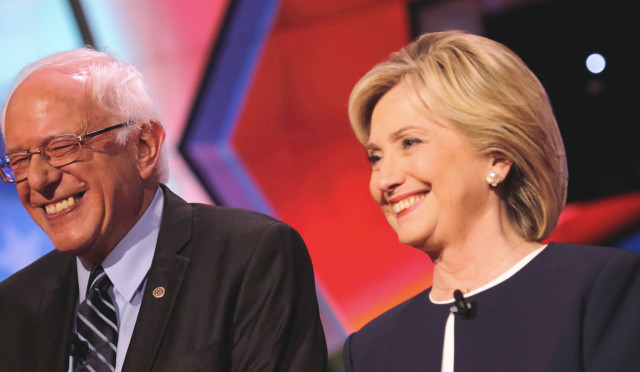


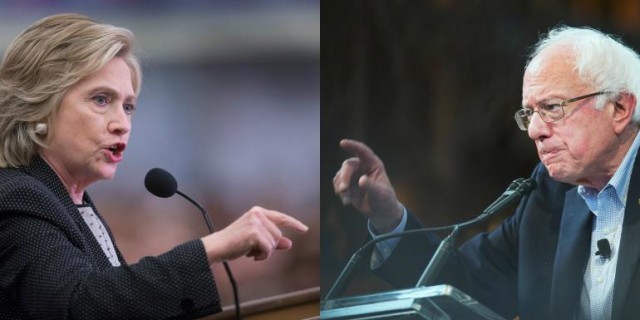
 SAN DIEGO, California /PRNewswire/ — The
SAN DIEGO, California /PRNewswire/ — The 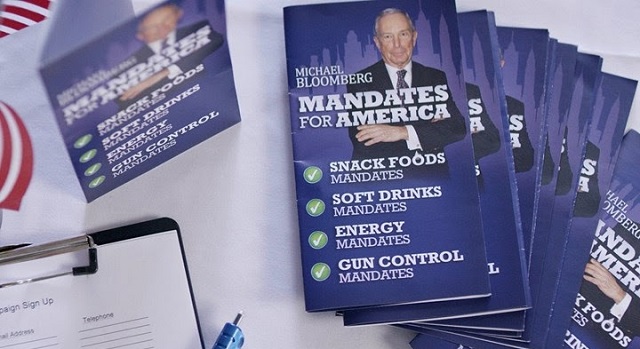



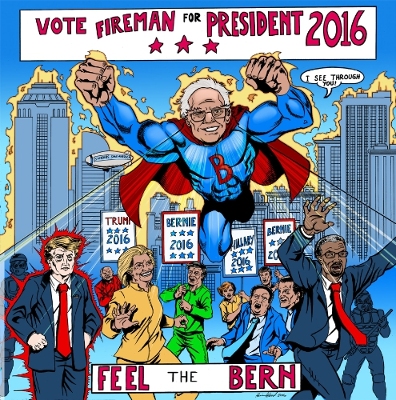 WASHINGTON, D.C.
WASHINGTON, D.C.



